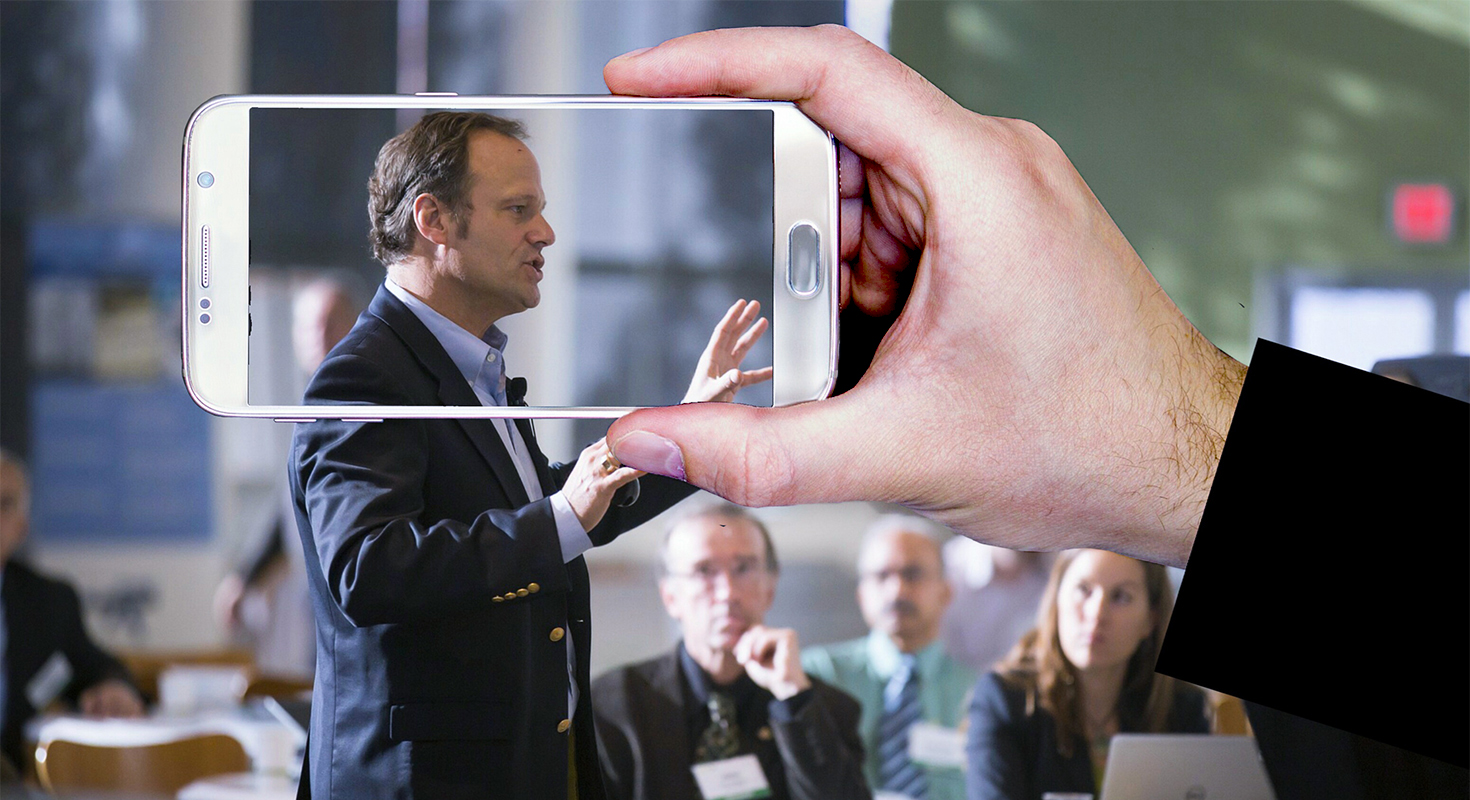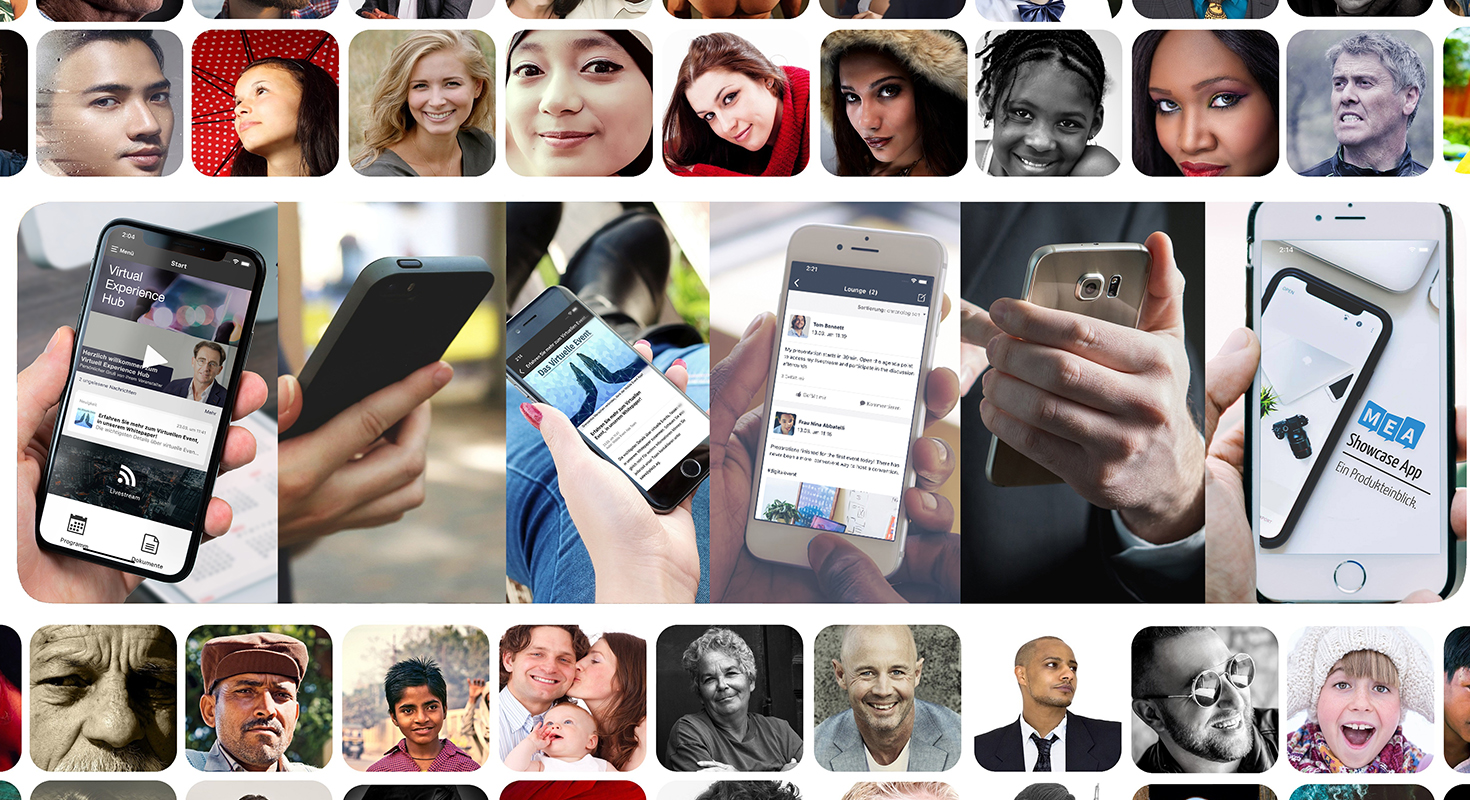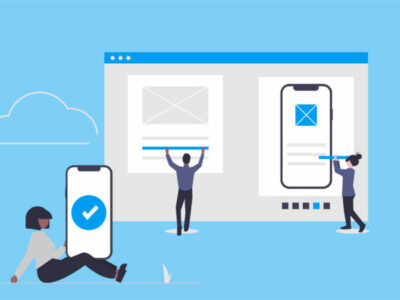
Adaptation Of New Technologies
The market for providers of video conferencing is booming. The reason is Corona and the resulting lack of opportunities to meet in person. The frequent use of home office opens up new chances and challenges of collaboration for all companies and their employees. Especially the event industry has been hit hard by the crisis. In addition to the loss of sales due to cancelled events, the business model of large events, business conferences and corporate events will be called into question in the future. However, a virtual event is more than just a video conference.
Organizers are already taking first steps into the new territory of virtual events by sending links to different sessions to participants via e-mail. The hope is that they will then dial into the video conferences. The use of such live streams is the basis for the realization of a completely digital event, bringing participants and speakers into a fictional space and collaborate with each other.
Video Conferencing Is No Cure-All
In addition, the various providers of video conference software offer the possibility to participate interactively by using text questions or live voting. This form of event realization is absolutely justified but does not go far enough for an actual virtual event. It disregards essential characteristics and goals of an event, such as the exchange and networking of participants among each other and also the communication of company values and emotions.
To exclusively rely on a tool for video conferencing or live streams for the realization of a virtual event is therefore not appropriate in the end. Rather, it is necessary that organizers of virtual events create a platform for the exchange of participants, in which live sessions are also embedded.
For a long time, the event industry talked about expanding and extending events into the digital space. However, the conclusive implementation concepts were still missing. Hybrid events were and still are a topic that has been proclaimed again and again, but it has rarely been followed by practical implementations. Right now is the time to develop and realize meaningful concepts.
Event Apps As A Platform For Virtual Events
One way to create such a platform is a native and web-based event app. This will be the place where all participants of an event meet. Apps offer features like the list of participants, the possibility to chat with each other, retrieving documents and display virtual exhibition stands or exhibitor presentations.
In addition, they enable the structured presentation of a corresponding agenda. The best way is to integrate the live streams into the different sessions. This allows each participant to navigate through the day independently. While the organizer manages their content and participants are all together on this platform. Figuratively speaking, the application displays the location where the event takes place, while the live streams represent the rooms for the individual sessions.
At the beginning of the event all participants meet in the lobby of the app, the dashboard. Here they are welcomed by the organizer and then go to their booked agenda item. There you will find documents, the speakers’ CVs and the possibility to take notes. Directly via the agenda detail you will be guided to the video conference and watch the presentation. Thus, you can participate interactively via the streaming tool or app, in which live questions are asked or surveys are conducted. At the end of the session the participants meet again on the dashboard of the app. From there, they visit relevant exhibitors and virtually exchange information with corresponding contact persons.
The organizer, in turn, provides the participants with news from the industry and encourages discussion on the Wall of Ideas, where the suggestions with the most Likes are nominated. Just in time before the start of the next session, the participants will be informed to join the session, so they won’t miss any of the live content. Even after the lunch break, which the participants have spent in their canteens in the office for example, they don’t have to search for an e-mail containing the links to the sessions, but simply open their web app or native app again and immediately find their next agenda item. During the coffee break, the participants still network with some interesting contacts that were shown to them in the app’s matchmaking. The participants spend their virtual conference comfortably at their desk in the office or in their home office and are guided through the whole day via the app.
Virtual Event Communities
Another exciting aspect of such a platform is the possibility for the organizer to continue to communicate with their participants. While after an actual event the contact usually breaks off for a certain period of time, the organizer now has a medium for continuous communication. This gives them the ideal basis for building a strong community, which permanently exchanges information on topics addressed by the organizer. A clear win-win situation for all participants!
We are curious about the future concepts and ideas of organizers! Every crisis also brings about chances! You can find more information in one of our blog posts about switching to virtual events.





